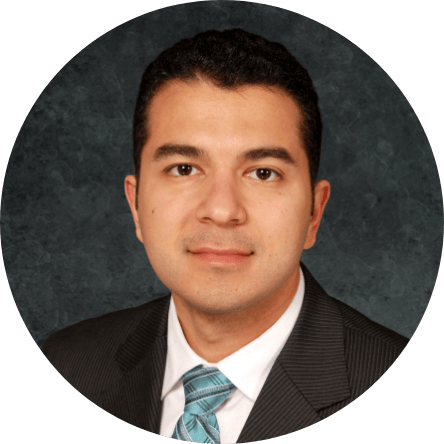Is Rhinoplasty More Effective Than a Non-Surgical Nose Job?
 The latest fad in nose reshaping is the non-surgical nose job. This procedure uses dermal fillers, such as JUVÉDERM® or Radiesse®, to add volume to the nose and change its shape temporarily. While this treatment can be completed quickly and typically requires little downtime, there are several drawbacks worth considering. At The OC Center for Facial Plastic Surgery, our board certified facial plastic surgeon utilizes the most advanced rhinoplasty techniques available. His extensive experience makes it possible to address a wide range of concerns with natural-looking results.
The latest fad in nose reshaping is the non-surgical nose job. This procedure uses dermal fillers, such as JUVÉDERM® or Radiesse®, to add volume to the nose and change its shape temporarily. While this treatment can be completed quickly and typically requires little downtime, there are several drawbacks worth considering. At The OC Center for Facial Plastic Surgery, our board certified facial plastic surgeon utilizes the most advanced rhinoplasty techniques available. His extensive experience makes it possible to address a wide range of concerns with natural-looking results.
A “liquid nose job” has a number of limitations. This procedure is temporary, for one, and the patient will need to undergo regular maintenance treatments to extend the benefits. Additionally, non-surgical nose jobs cannot reduce the size of the nasal bridge, adjust a deviated septum, or correct dorsal humps. Furthermore, this procedure can result in serious complications. If the cosmetic injectable is administered into a blood vessel, it can block blood flow to the area, which could permanently disfigure the nose.
As with all aesthetic facial enhancements, one of the safest options is to speak with a board certified facial plastic surgeon like Dr. Ali Sepehr before treatment. He can provide advice and guidance so you can make the right decision for your goals.
